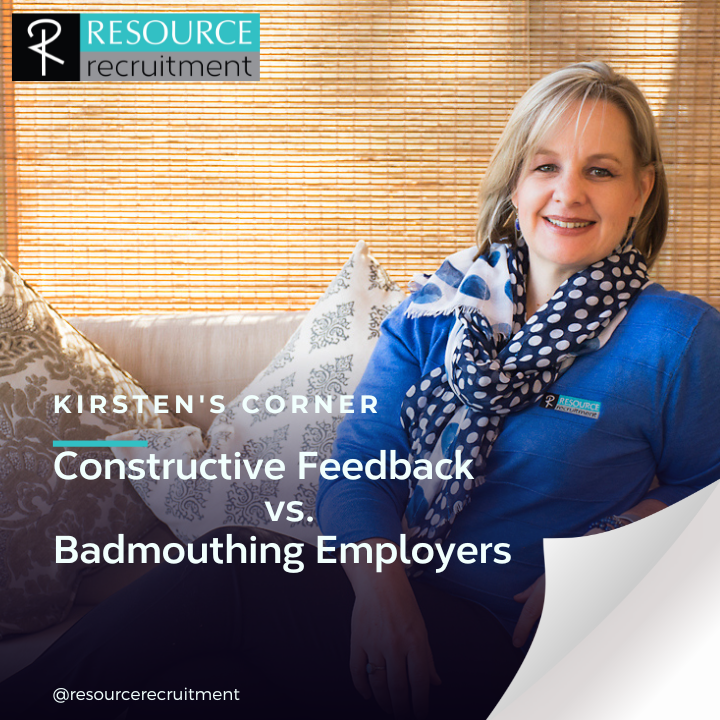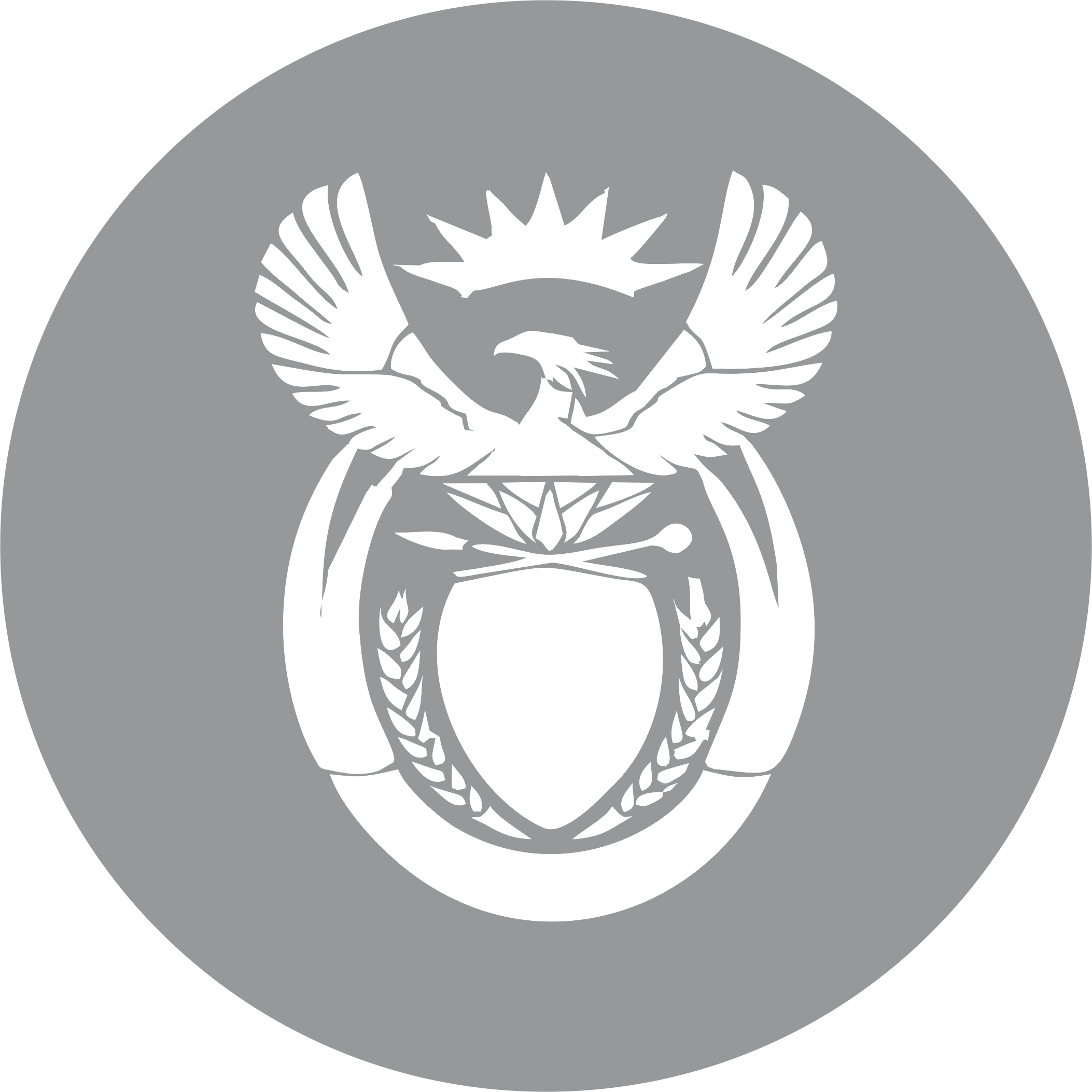
15 Mar Constructive Feedback vs. Badmouthing Previous Employers
Constructive Feedback vs. Badmouthing Previous Employers
When I interview job seekers who has leaving employers that they have not been happy working for, they generally fall into two categories- the first who tend to say too much and bad mouth their previous employers; and the second who say absolutely nothing, and leave me wondering what the actual reason for leaving actually is!
The Trouble with Badmouthing Previous Employers
When faced with dissatisfaction in a previous role, it’s natural to want to vent frustrations during an interview. However, a job interview is not the place for this, and airing grievances in a negative light can quickly backfire. Here’s why:
- Reflects Poorly on Your Professionalism
Badmouthing former employers can paint you as unprofessional or even vindictive. Instead of focusing on your qualifications, you’re highlighting interpersonal conflicts or organizational issues, which may raise red flags for potential employers.
- Signals Potential for Disloyalty
If you openly criticize your previous company, interviewers might wonder if you’re prone to disloyalty or if you’ll speak similarly about them in the future. Employers seek candidates who can handle conflicts diplomatically and are committed to fostering positive work environments.
- Undermines Your Credibility
Constantly blaming others for your dissatisfaction may lead interviewers to question your accountability and problem-solving skills, and what your role was in the dispute. It’s essential to demonstrate ownership of your experiences and showcase how you’ve handled challenges constructively.
Embracing Constructive Feedback
While it’s crucial to avoid badmouthing former employers, expressing constructive feedback can showcase your ability to analyze situations thoughtfully and seek improvement. Here’s how to navigate this:
- Focus on Personal Growth
Rather than placing blame, highlight how your previous role shaped your professional development and what you learned from the experience. Discuss specific challenges you encountered and how you overcame them or what steps you took to address concerns.
- Frame Critiques Tactfully
When discussing areas of improvement within your previous workplace, be diplomatic in your language. Instead of pointing fingers, offer insights into systemic issues or communication breakdowns and discuss how you attempted to navigate them positively.
- Highlight Compatibility
Emphasize how your skill set and values align with the prospective employer’s culture and goals. Discuss why you believe the new role is an excellent fit for your aspirations and how you envision contributing positively to the team.
Crafting Your Narrative
As you prepare for interviews, take time to craft a narrative that showcases your experiences in a positive and constructive light. Practice framing your responses to highlight your growth mindset and problem-solving abilities, steering clear of negativity or blame.
Remember, interviewers are not only evaluating your skills but also assessing your attitude and cultural fit within their organization. By approaching discussions about previous experiences with professionalism and tact, you’ll leave a lasting impression and increase your chances of securing your next dream job.



